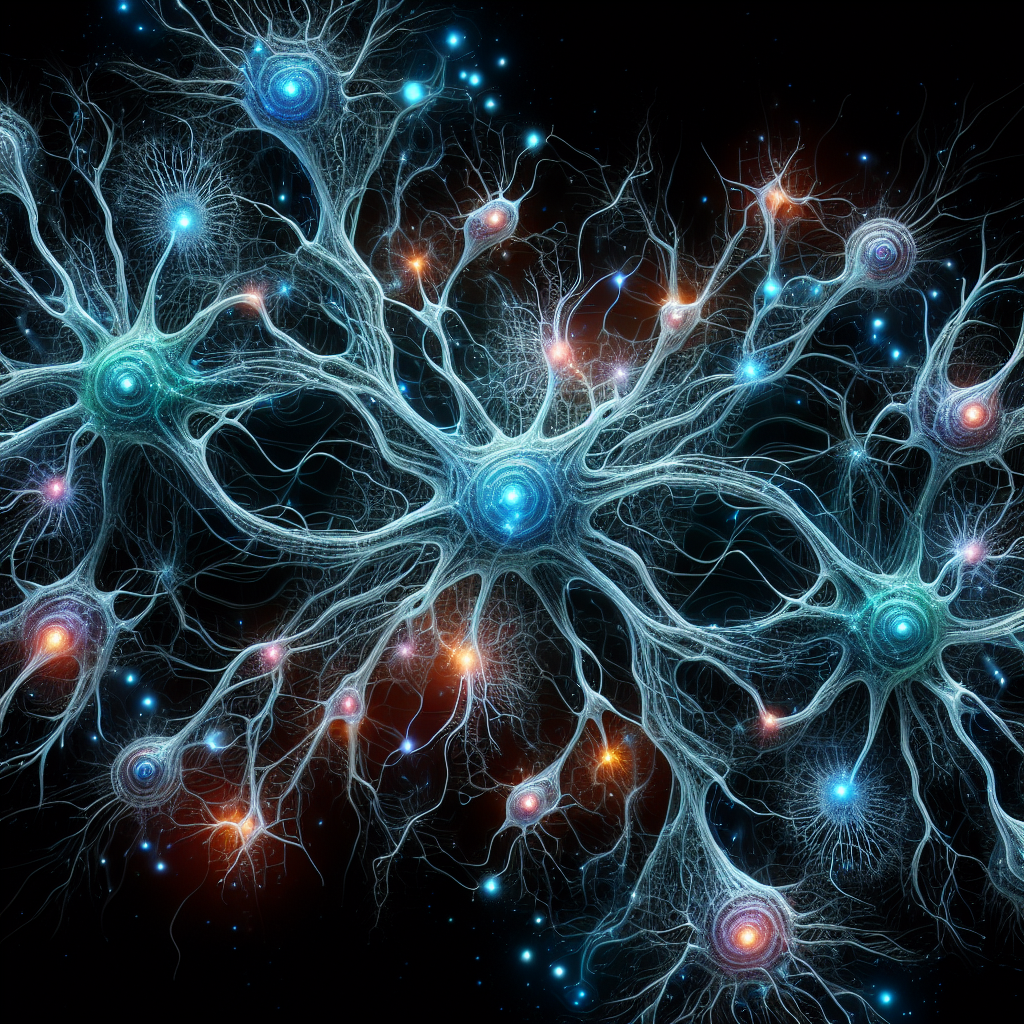In our modern world, where cognitive function is a prized asset in both personal and professional realms, the quest for methods to sharpen the mind is ceaseless. Among the plethora of strategies explored, one that strikes a harmonious chord is musical training. The interplay between music and cognitive abilities, especially memory, is an area of growing interest and research. This article delves into how musical training enhances memory, supported by scientific insights and practical advice.
The Symphony of Music and Memory
Music is more than a form of entertainment; it’s an intricate language that involves multiple components of the brain. Playing an instrument or engaging in musical training can be likened to a full-body workout for the brain, engaging areas responsible for motor skills, auditory processing, and emotional resonance. This intricate neurological activity lays the groundwork for improved cognitive functions, particularly memory.
Studies have pinpointed that musicians often exhibit superior memory functions. For instance, when it comes to verbal memory, individuals with musical training show an enhanced ability to recall words. This is believed to be due to the extensive use of the brain’s left hemisphere, which is involved in processing language and is highly engaged during music learning.
The link between Brain Health and musical training extends beyond verbal memory. Musicians also typically display better working memory, which is crucial for tasks such as mental calculation and reading comprehension. This form of memory allows for the temporary storage and manipulation of information, a skill that musicians constantly use to read and interpret music scores.
Harmonizing the Brain’s Networks
Music training doesn’t just improve memory in isolation; it strengthens the connections between different regions of the brain. A study published in the Journal of Neuroscience revealed that musicians have more robust long-range connections in their brains, which could underlie their superior memory and cognitive functions. These enhanced networks facilitate faster and more efficient communication between brain regions, which is essential for complex cognitive tasks.
The Impact of Music Therapy on Neurological Disorders is another testament to the powerful role of music in cognitive enhancement. Music therapy has been shown to aid in the rehabilitation of patients with neurological disorders, not only improving their emotional well-being but also their cognitive capacities, including memory.
The Rhythm of Learning and Neuroplasticity
The beauty of music training in relation to memory enhancement lies in its ability to induce neuroplasticity. Neuroplasticity refers to the brain’s capacity to reorganize itself by forming new neural connections throughout life. Learning to play a musical instrument is a complex task that requires the integration of sensory information with motor coordination, fostering the growth of new neural pathways.
Musical training promotes the brain’s plasticity in both the structural and functional realms. Structurally, it can lead to increased gray matter in various regions of the brain, including those involved in playing music and those related to memory. Functionally, it enhances the brain’s ability to change and adapt, which is key for learning and memory.
The Melody of Memory Strategies
Musical training offers a variety of strategies that can be applied to memory enhancement. For example, the method of loci, a mnemonic device that involves visualizing items to be remembered in specific locations, is akin to how musicians memorize complex pieces by associating musical passages with physical movements or emotional cues.
Incorporating musical training into one’s lifestyle can be done at any age, and the Strategies for Maintaining Brain Health in the Face of Genetic Risks highlight the importance of engaging in cognitively stimulating activities to bolster memory and overall brain health.
Practical Applications and Considerations
For those looking to enhance their memory through music, here are some practical steps to consider:
- Start Learning an Instrument: Choose an instrument that resonates with you and start lessons. Even basic proficiency can yield cognitive benefits.
- Incorporate Music Theory: Understanding the structure of music can deepen the cognitive workout.
- Regular Practice: Consistency is key in reaping the memory-enhancing benefits of musical training.
- Active Listening: When not playing, actively listen to music and try to discern different elements within the piece.
Tuning into External Resources
To further explore the connection between music and memory, here are some niche resources:
- Exploring the Cognitive Benefits of Childhood Music Education – A detailed study on how music education in children can enhance cognitive development.
- Music Training and Neuroplasticity – An in-depth look at how music training influences brain plasticity.
- The Musician’s Brain as a Model of Neuroplasticity – A scientific article discussing how musicians’ brains can serve as models for studying neuroplasticity.
The Encore: Final Thoughts
Musical training is not just an artistic endeavor but also a scientifically-backed route to improving memory and cognitive function. The interconnection of music and brain health is a melody that continues to inspire research and practical applications, offering a harmonious path to cognitive enhancement. Whether you’re a seasoned musician or a curious beginner, the act of engaging with music can tune your brain to the frequency of growth, resilience, and improved memory.



